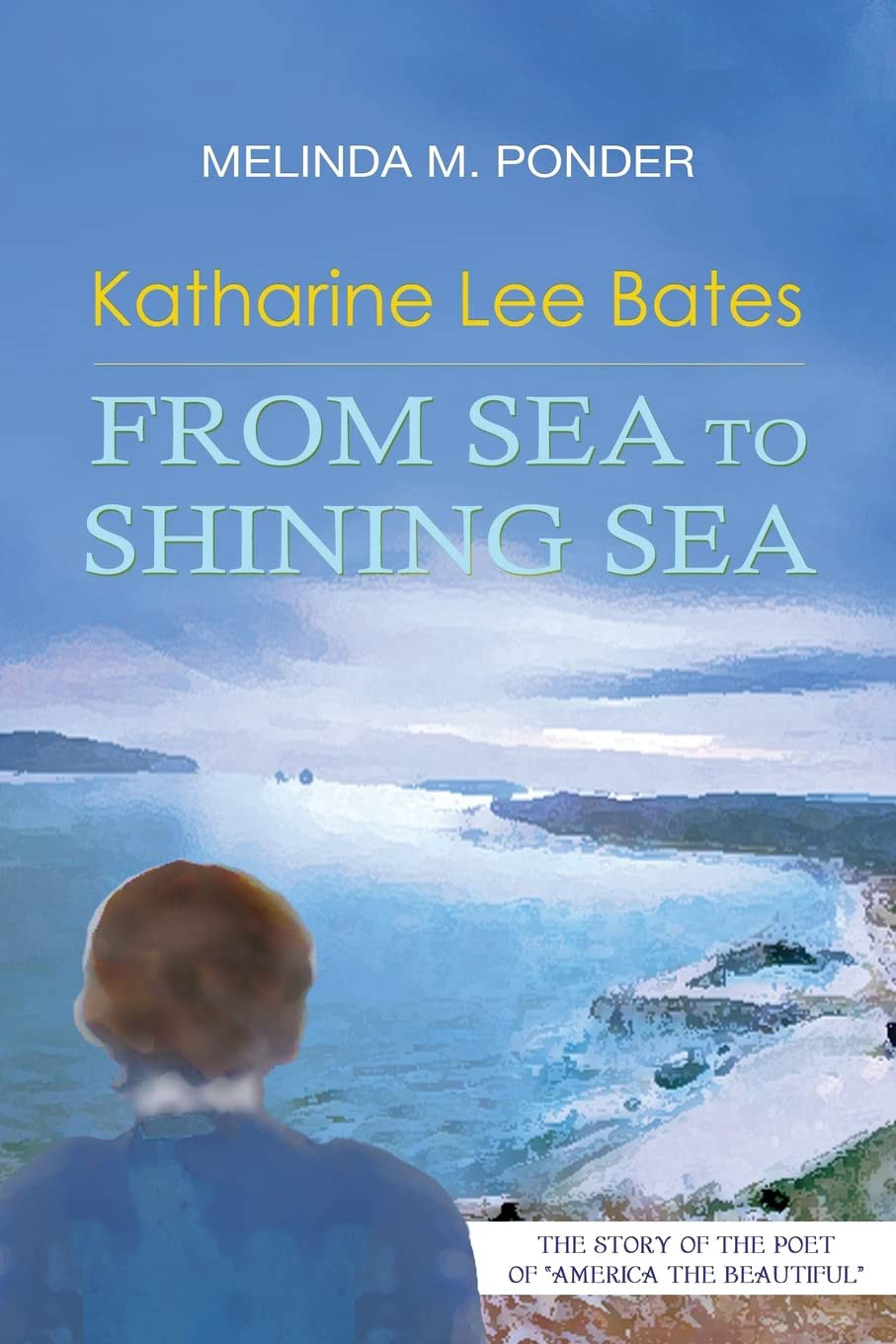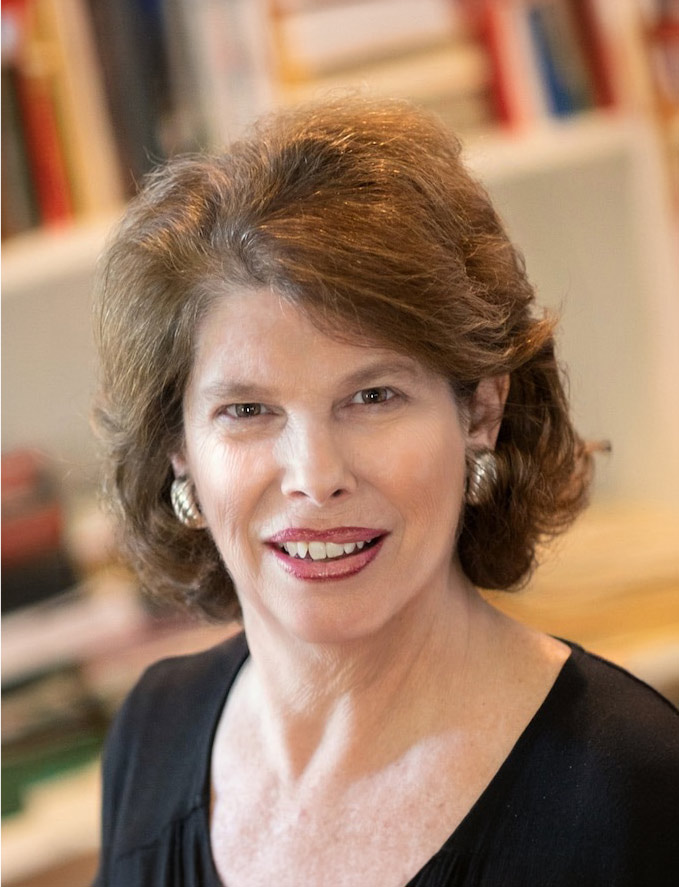In this episode of Biographers in Conversation, Melinda Ponder shares with Gabriella her choices while writing the biography of the nineteenth century poet, writer, teacher and social activist, Katharine Lee Bates.
Melinda Ponder explains why she chose the title From Sea to Shining Sea, and how she represented the historical and cultural context of Katharine Lee Bates’s life, which was nineteenth century America after the end of the civil war. Melinda describes the literary devices she employed to create a captivating narrative and how she balanced Bates’s personal story with her activism and accomplishments as a poet and teacher.

‘Katharine Lee Bates: From Sea to Shining Sea unfolds at long last the impressive life story and strikingly variegated career of the author of America's unofficial national anthem. A limit-bumping thinker ahead of her time, sometimes even at odds with it, Katharine Lee Bates also had a remarkable gift for reaching the broader American public.’
Lawrence Buell, Harvard University
Katharine Lee Bates’ America the Beautiful reminds Americans of why they love their country - the beauty of their land, the historic sacrifices of their people, and their ideals of hope and brotherhood. That has never been more important than today.
Drawing on extensive research in Bates’s family diaries, letters, and memoirs, biographer Melinda M. Ponder brings Katharine to vivid life.
Although her passion was poetry, Katharine's three alluring suitors (two men and a woman) pulled her into major reform movements in a changing America after the Civil War. Teacher, poet, community builder, and patriot, she challenged Americans to make their country the best it could become in its values and literature. You will find yourself rooting for the unlikely triumph of this complicated woman on her journeys ‘from sea to shining sea’.

Melinder Ponder reveals that she first became intrigued with Katharine Lee Bates’ story when she attended Wellesley College and studied literature— in the same English Department that Katharine Lee Bates established at the school decades earlier.
Melinda continued her academic career as a published literary critic with an M.A. in American Studies and a Ph.D. in English and American Literature from Boston College and then as a college professor.
As coordinator of the English B.A. program and the Women’s Studies program at Pine Manor College, a small formerly all-women’s college about the size of Katharine’s young Wellesley College, Melinda could vividly picture Katharine’s similar life as a teacher and scholar. She understood why Katharine promoted women’s achievements and education—and why she was often frustrated with endless faculty meetings.
Melinda has written and published numerous articles and essays on Katharine Lee Bates, and reviewers have praised her sympathetic treatment of Bates’s work and personal life.
In addition to her fascination with Katharine Lee Bates, Melinda is a Nathaniel Hawthorne scholar. Hawthorne was an important American novelist and short story writer and Melinda has published two books on this subject: Hawthorne and Women: Engendering and Expanding the Hawthorne Tradition as well asHawthorne's Early Narrative Art: Its Origins in Eighteenth-Century Anglo-Scottish Aesthetics. Her essays and articles on Nathaniel Hawthorne and other American and British authors have appeared in Genre, The Chicago Tribune, The Essex Institute Historical Collections, The Christian Science Monitor and The Nathaniel Hawthorne Review.
Learn More: https://www.melindaponder.com/index.html



